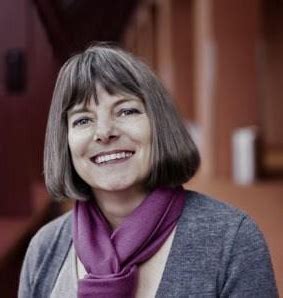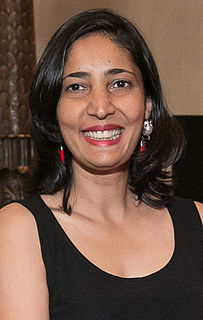A Quote by Cinda Williams Chima
As for my family, my father was Danel; he died as a mercenary in the southern wars," Han went on. "My mother's name was Sarah, called Sali, and my sister was Mari. They died last summer. But then, you already knew that. Every time you forget, I'll remind you. That's the blood sacrifice I made to be here, and that's enough.
Related Quotes
My family background really only consists of my mother. She was a widow. My father died quite young; he must have been thirty-one. Then there was my twin brother and my sister. We had two aunts as well, my father's sisters. But the immediate family consisted of my mother, my brother, my sister, and me.
My father died right after the movie Rain Man was released. He got to see it, then literally the day before he died, he asked Mama to take him to see it one more time - because he knew he was declining. Tom's assistant at the time told him my father died, and he wrote me a very personal note. I haven't seen him since, but you can't say anything bad about Tom Cruise to me, because anybody who takes the time to do that is very special.
When he died, I went about like a ragged crow telling strangers, "My father died, my father died." My indiscretion embarrassed me, but I could not help it. Without my father on his Delhi rooftop, why was I here? Without him there, why should I go back? Without that ache between us, what was I made of?
My father died when I was 10; my sister got polio a couple of years later and was paralyzed. So there I was - my sister in a wheel chair, my father gone, and my mother a quiet little mouse. You see, it was the '30s in the South, so my mother was not prepared to cope. So I was scared to death. And being that scared, everything afterward became a struggle not to go down the drain. Struggling became a way of life for me.
My father was married to mother 'til the day he died, for over 64 years. He's why I kept trying to get the marriage thing right. All I knew growing up was that my father was married to and loved my momma, period. He worked hard, made some money, and put it on the dresser. She spent it on the family, and he went out and earned some more. He taught me the most about love.
My father died at 42, of a heart attack. My mother was 32 then. She never wanted to be a victim. And that really resonated as a nine-year-old child. And one of the most revealing things was, very soon after my father died - he was in real estate and he owned some modest buildings - they came to my mother, the men that worked for him, and they said, "You don't have to worry. We will run the business and we will take care of you." And my mother said, "No, you won't. You will teach me how to run the business and I will take care of it and my children."



































